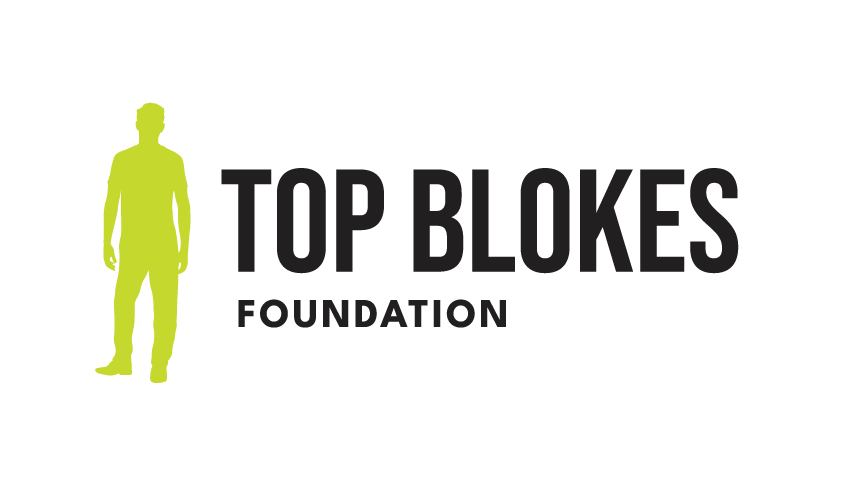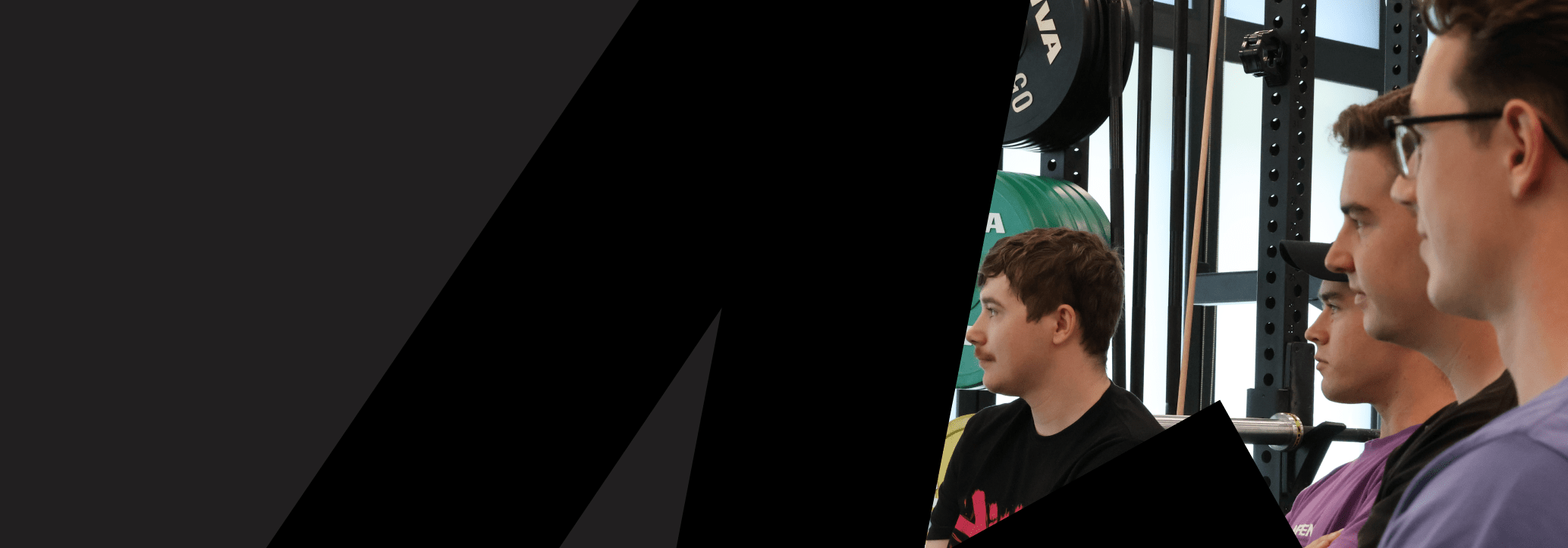[Source: The Advertiser]
No female friends? It’s just one of a few flags experts say are the telltale indicators the young men and boys in your life are listening intently to misogynist influencer Andrew Tate.
If it feels like he’s everywhere, it’s because Andrew Tate is quite literally everywhere. It only takes a quick Google of his name, a peruse of social media or listening in to the conversations of a growing number of young men to feel, well, triggered.
The professional kickboxer turned “misogynistic influencer” has built a brand on sharing shock-tactic messaging, much of which is derogatory to women.
His highlight reel includes saying rape survivors should “bare [sic] some responsibility”, calling women who are not virgins “used goods” and, in one controversial video, acting out how he’d attack a woman who cheated on him.
Thanks to an elaborate affiliate marketing scheme that financially incentivised boys, some not even in their teens, to share his content, Tate has become, in his words, “the most famous man in the world”.
He has also become extremely rich, which has led to copycats: more “anti-feminist influencers”, more young fans and, according to research from Monash University, an “escalating culture of misogyny” in the school system.
The team at Monash found educators are experiencing a rise in “language and behaviours expressing a belief in male superiority”.
Teachers are being “baited” with Tate quotes.
Meanwhile, a UK survey by UNICEF found almost a quarter of school staff have witnessed pupils discussing sexist online content.
But the “manosphere” – the term for the male-centred movement online – goes beyond one man. Clinical psychologist, Dr Zac Seidler is the global director of Men’s Health Research at Movember and calls Tate “the tip of the iceberg”.
“There are far more egregious influencers out there and we’re not paying attention to them because of the Andrew Tate effect,” Seidler says.
“If you have a son who is 16 to 25 years old, or even younger, you don’t need to question whether he’s watching this content – he is. The impact, the amount he’s watching and the severity will differ.”
Here’s how to spot if your son has been influenced by the manosphere – and how to be the anti-Tate antidote.
They’re searching for answers
According to Seidler, many boys find their way into the manosphere via content that can, at first, appear quite positive.
“It often starts with (boys looking for) advice on how to be more resilient or confident, or how to pick up girls,” he says. “Lots of it begins from an innocuous standpoint of ‘How do I exist in this world?’ and only becomes problematic over time.”
Rather than banning this kind of content from your home, he offers a different approach. Parents needs to watch it themselves. Only then can you understand what your son is taking away from it.
“There is a reason they’re seeking out this content,” Seidler says.
“Above and beyond the misogyny and homophobia, there is a real sense of providing meaning and purpose and belonging and identity formation for these young guys. To just shut it down is to shut down their desires and uncertainties.”
They’re looking for gender guidelines
Tate is incredibly outspoken about the “roles” of men and women, spouting outdated rhetoric about women “belonging” to men in marriage and saying women shouldn’t have to work because “being a partner” and “looking good” is a full-time job.
Although outdated, what it provides for young boys is a set of clear guidelines, Seidler says. Whereas gender equality can be confusing and full of nuance, he says, “this type of brash conservative is very clear”. It’s toxic, yes, but it’s also a comforting rule book.
“The problem is, there aren’t enough content creators drafting ideas for young men that are exciting and healthy.
“We need to provide other inputs.”
He says this could be as simple as watching shows like Ted Lasso, which show the depths and diversity of masculinity.
They have no female friends
Dr Mark Williams is a professor of Cognitive Neuroscience and author of the book, The Connected Species, which includes chapters on sexism and the negative impact of social media.
Does your child refuse to be friends with the opposite sex? It could be a bad sign, he says, but we also can’t blame them – the system is broken.
“Our society, our schools, our media and every other aspect of modern lives emphasise the difference between boys and girls,” Williams says.
“We separate boys and girls at a very young age. We then have a situation where teens are feeling isolated and alone, and they connect with influencers who they can relate to. They become part of an in-group.”
As an adult, look at your own social circle and the behaviours you model. How many friends of the opposite sex do you have? How healthy and diverse are your own relationships (in real life and online)?
“Demonstrate appropriate behaviour yourself by not spending hours on a device and spending time in real life with real people,” Williams says. “Teenagers do about 10 per cent of what we tell them to do and 90 per cent of what we do ourselves.”
They have no filter
For over 14 years, Luke Taylor worked as a detective with Child Protection and Sex Crimes. Today, he is a high school teacher and says he has seen first-hand the impact of the “Tate Generation”.
One of the side effects, he says, is the “normalisation” of misogynistic behaviour, especially when it comes to sex and relationships.
In his work as a detective and teacher, Taylor says, he has heard boys make “absurd admissions” about sexual encounters they’ve had, including behaviour they’ve learned from pornography (“I said to the girl, ‘Who’s your king? Who’s your king, baby?’).”
Like many experts, Taylor is concerned by the impact of the algorithm, and how many boys (and girls) are seeing misogynistic content online without searching for it.
A study by the Anti-Bullying Centre at Dublin University looked at the role of the YouTube algorithm in promoting “male supremacist influencers”. When they set up a number of accounts, pretending to be 16 and 18-year-old boys, they found all the accounts, regardless of their sex, were “fed masculinist, anti-feminist and other extremist content”.
It’s worth noting, misogynistic content was more prevalent on YouTube Shorts – the part of the platform that shows videos under 60 seconds.
They’re worried about ‘providing’ for women
When Man Cave Australia partnered with Swinburne University to research the impact of Andrew Tate on boys, they found a mixed response. At the time (late 2022), 35 per cent of boys said they found Andrew Tate relatable, 32 per cent did not, and 33 per cent were “neutral”. When asked why they did find Tate relatable, the answers included: “He has a relatable work ethic” and “I can relate to having to step up as a man and provide for others.”
It could explain why Tate’s messaging continues to attract fans, especially as the cost of living rises. A new report from the Universities Admissions Centre (UAC), which surveyed nearly 17,000 students, found teenagers are increasingly concerned about cost of living pressures, including how they can support their families financially.
Is your child picking up on money worries in your home? If you don’t have open conversations with them, they might turn to the manosphere for answers.
They’re curious and questioning
Now, let’s end on a positive note.
Yes, the boys in your life might be extremely aware of the manosphere and even consume the content but that doesn’t mean they endorse it.
This is the hopeful message from Daniel Allars, state manager at Top Blokes Foundation, a mentoring program designed to foster healthy masculinity.
“When we engage with young men in our programs, we encounter a range of unhealthy stereotypes and messaging that stem from generations of societal norms,” Allars says.
“We’re proud to see young men rise to the challenge of becoming upstanders, calling out unacceptable behaviour. Young people are increasingly willing to speak up against injustice and are eager to create change.”
This is why banning our boys from watching Andrew Tate doesn’t work because, by silencing all conversations around the manosphere, we take away the opportunity to question it, challenge it and advocate for gender equality.
“At Top Blokes, we assume the best in boys and believe they will rise to the occasion when given the chance,” Allars says.
“When we offer a positive and healthy version of masculinity, we find that boys are eager to meet these expectations. They want to engage in conversations about what it means to be a man and to define it on their own terms. It’s crucial to talk with boys, not against them.”




